When Lonnie and Barbara Allsup were building their namesake convenience store chain, Lonnie would get into his plane with his son Mark and fly over small towns, scoping out the best spots for a store. That literal “big picture” tactic for finding ideal locations was one of the ways Allsup’s grew—from one store in Roswell, New Mexico, that opened in 1956—into a 304-store regional powerhouse in recent years.
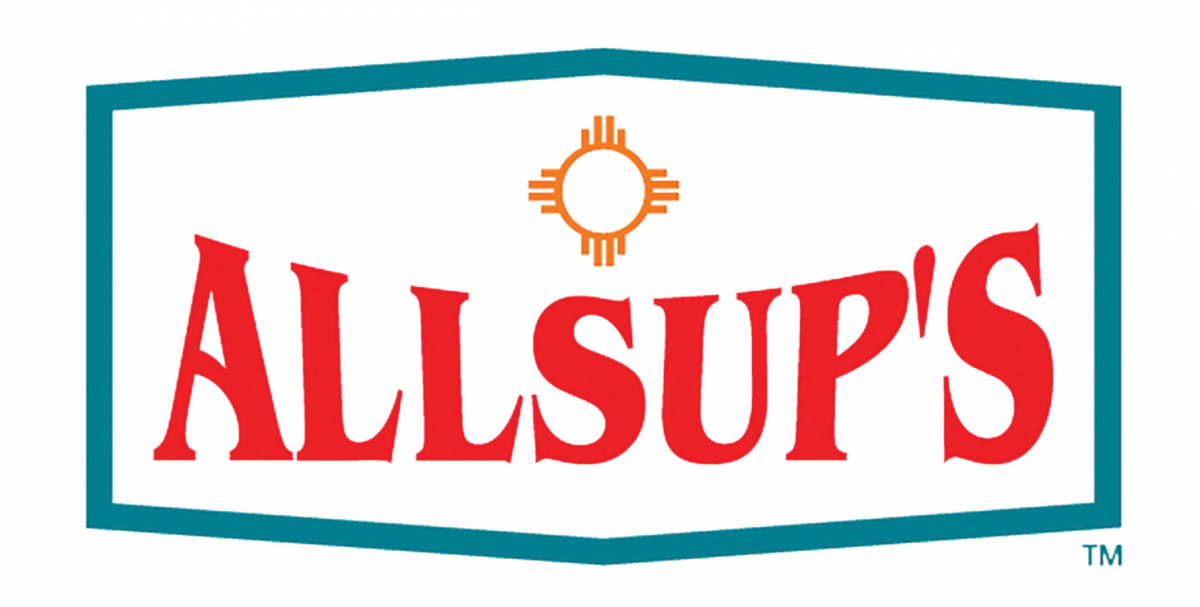
After Lonnie died in early 2018, Mark, a successful commercial real-estate broker, returned to the company. While Mark was a broker, he worked on real-estate transactions with a chain that was building a reputation as a strong corporate partner: Yesway, a Midwest c-store chain founded in late 2015 that had grown to nearly 150 stores via acquisitions.
Before the end of 2019, Yesway had announced its purchase of Allsup’s. The chain was never officially on the market. And now in late 2020, the integration of the two companies is almost done. How did it come together?

“Steward of the Brand”
Yesway emerged five years ago when private equity investor Brookwood Financial Partners LLC, based in Beverly, Massachusetts, created BW Gas & Convenience Holdings and anchored it in Iowa. A few years earlier, Mark Daniels, one of Brookwood’s managing directors and its chief strategy officer, had been tasked with researching businesses that were not subject to normal economic, business and real-estate cycles. He identified several businesses that met the firm’s criteria, but after much research, Brookwood was drawn to the recession-resistant characteristics of the convenience industry and began developing what would become Yesway.
With the purchase of 10 Country Store sites in late 2015, and then 21 sites from Kum & Go, Yesway was in business in the Midwest. The chain kept growing via small acquisitions, and on some of them, Yesway worked closely with Mark Allsup. The transactions resulted in a good relationship, and Mark remembered that after his dad died.
“Over several decades, Brookwood developed a reputation for being a good and respectful buyer, and we approached the convenience store industry with the same commitment,” Daniels said. “Sellers are realizing that there are more important considerations than multiples of earnings.”
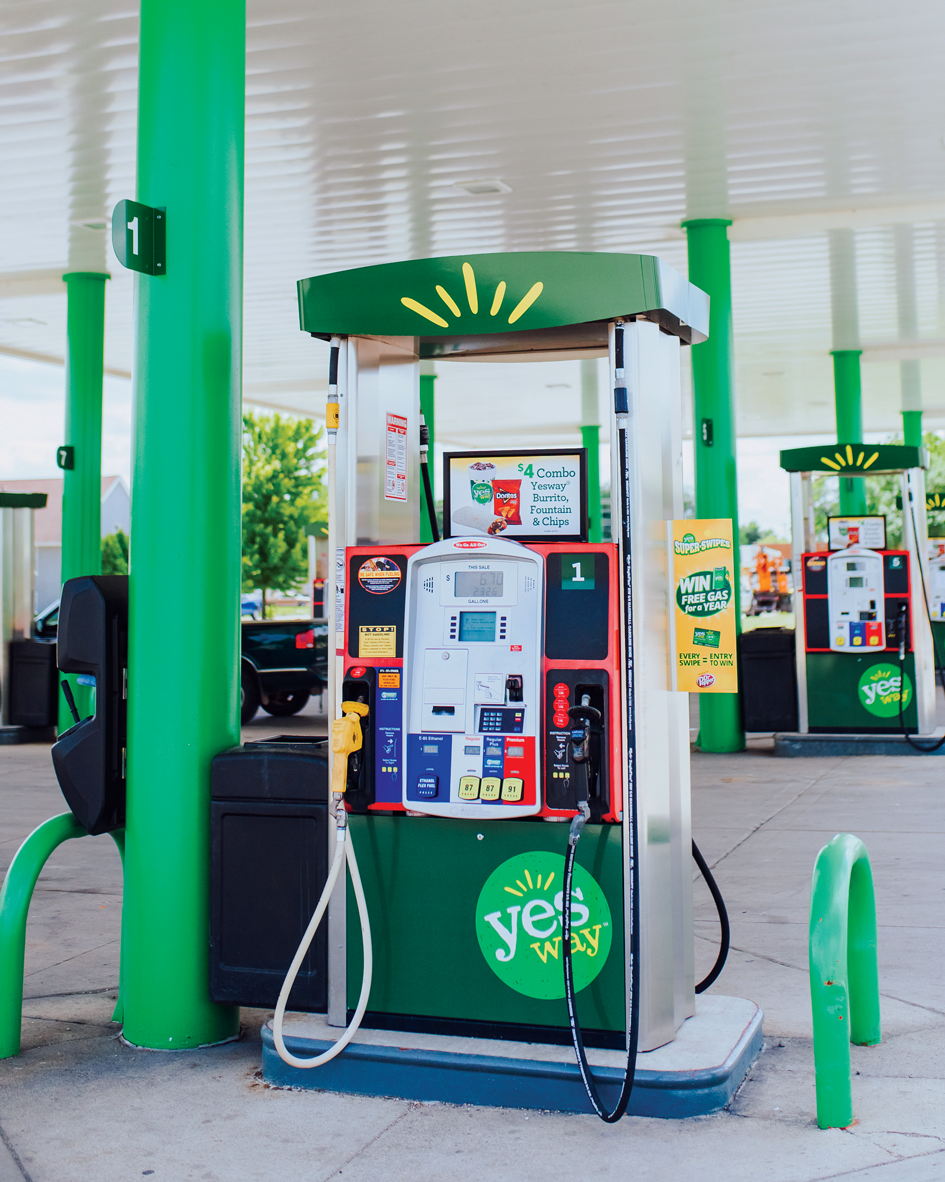
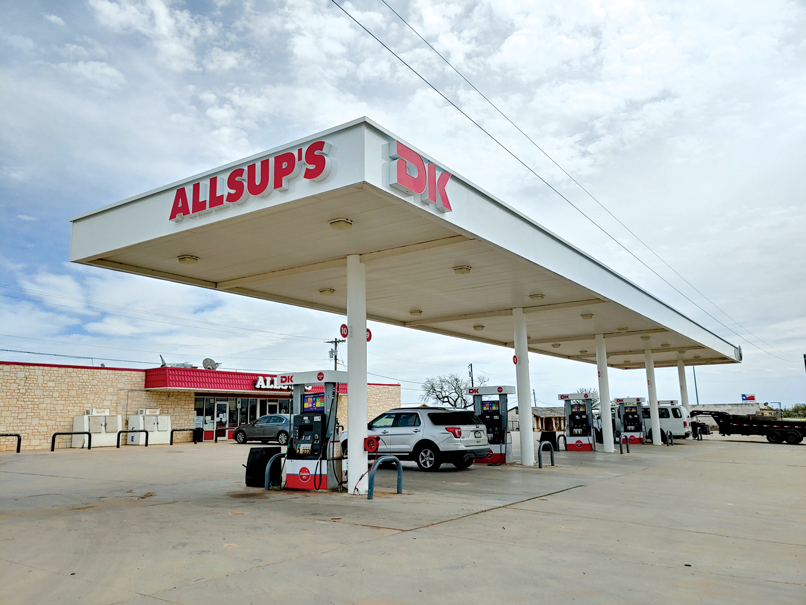 Yesway purchased Allsup’s Convenience Stores, with stores in New Mexico, Texas and Oklahoma. In a Yesway news release announcing the sale, the Iowa-based company labeled itself as the “fastest growing convenience store chain in the U.S.”
Yesway purchased Allsup’s Convenience Stores, with stores in New Mexico, Texas and Oklahoma. In a Yesway news release announcing the sale, the Iowa-based company labeled itself as the “fastest growing convenience store chain in the U.S.”
In the fall of 2018, Yesway reached out to Mark Allsup to explore the possibility of acquiring the Allsup’s chain. After several weeks of discussions, executives from both companies sat down to dinner at a Red Lobster in New Mexico and began more formally discussing the idea of Yesway purchasing Allsup’s.
From the beginning of the conversation, according to Yesway Chairman and CEO Tom Trkla, there was never a question of whether the Allsup’s brand would remain. More than six decades of history and customer devotion made it “a given” in the purchase. “I made it clear to Mark and Barbara that Yesway could be trusted to be a steward of the brand,” Trkla said.
Burrito Boon
Over its six decades of growth, Allsup’s expanded into Texas and Oklahoma, adding hundreds of stores and a slew of loyal customers along the way. For many of those customers, their Allsup’s love comes down to one thing: the burrito.
The devotion to Allsup’s and its self-declared world-famous burritos and chimichangas cannot be understated, according to Derek Gaskins, Yesway’s chief marketing officer. “We’ve had people get married at Allsup’s. They’ve gotten Allsup’s tattoos. Country songs have been written about Allsup’s,” Gaskins said.
On the day of one of the interviews for this story, three requests for Allsup’s burritos to be shipped around the world—including to a military base in London—came in. The company receives similar requests every day, Trkla said.
Buying a company with such strong roots in foodservice prompted Yesway to substantially curtail the development of its own proprietary foodservice platform, Trkla said.
“There’s a great simplicity to Allsup’s platform,” he said. That platform includes staples such as Allsup’s-branded bread and milk, which also have a loyal following—something that goes against industry trends of declining dairy sales. Allsup’s strength in private-label perishables complements Yesway’s strong offering of private-label “contemporary snacking on the go” and bottled water, Gaskins said.
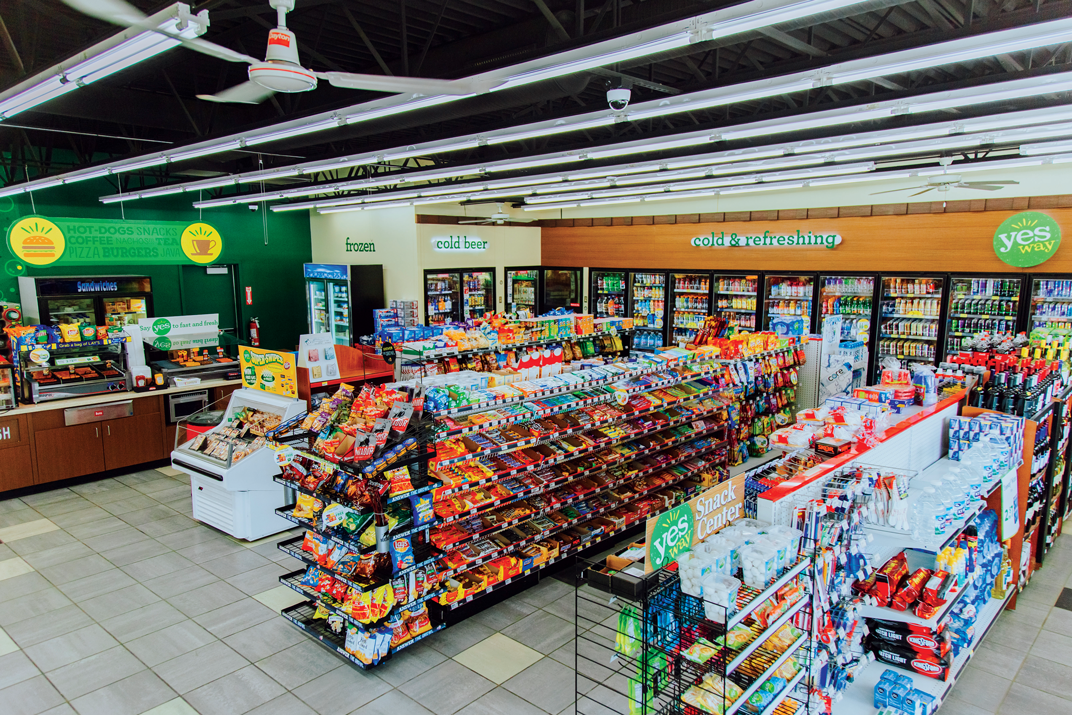 Yesway has come a long way since 2016 when it acquired more than 150 c-stores in Iowa, Texas, New Mexico, Oklahoma, Kansas, Missouri, Nebraska, South Dakota and Wyoming. In November 2019, Yesway acquired Allsup’s—the largest acquisition in its history—and jumped from 150 to 421 stores in one transaction.
Yesway has come a long way since 2016 when it acquired more than 150 c-stores in Iowa, Texas, New Mexico, Oklahoma, Kansas, Missouri, Nebraska, South Dakota and Wyoming. In November 2019, Yesway acquired Allsup’s—the largest acquisition in its history—and jumped from 150 to 421 stores in one transaction.
Listening and Learning
Before the deal was announced, Yesway assembled an integrated management office (IMO) to handle the acquisition and integration. The team included Tom Brown, president and director of real-estate acquisitions; Mark Daniels; Jayne Rice, managing director, director of institutional sales, marketing and investor relations for Brookwood; and Ericka Ayles, managing director and CFO.
The IMO spent more than six months on due diligence and preparing for the integration, Rice said. The team created primary work streams and also hired outside consultant AlixPartners to help with identifying synergies between Yesway and Allsup’s.
Doug Wald of Yesway and Brian Ashburn of Allsup’s, both senior vice presidents of retail operations, were charged by Trkla with coming up with the optimal integration structure. “For the first six months, we both ran each other’s division,” Wald said.
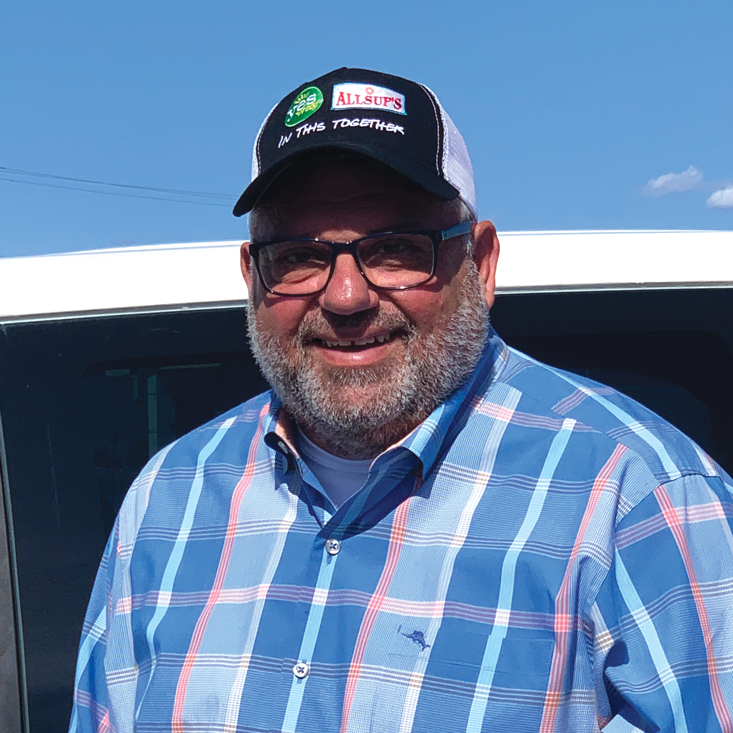 Doug Wald of Yesway
Doug Wald of Yesway
They got to know each other by driving together to hundreds of stores, which resulted in conversations they both called “priceless.” (Ashburn even taught Wald the correct way to eat an Allsup’s burrito: “Bite, then sauce; bite, then sauce …”) For Ashburn, a shift in mindset—eliminating the idea of “they” and replacing it with “we”—went a long way during the integration, he said.
Perhaps the most critical part of the process began in September 2019, when members of the IMO and other executives from Yesway and Allsup’s—including Mark Allsup, who is now president of the combined company—began meeting with Allsup’s employees.
Almost every meeting started the same way, with a few hundred people, all quiet and sort of nervous. There was a big elephant in the room: Was the Allsup’s brand going away? Once they were reassured that the Allsup’s name was never a negotiable, everyone took a breath and started asking questions. If the executives didn’t have the answer, they admitted it. “You can never communicate too much—even if the message is, ‘We don’t have an answer yet, but here’s when we expect to know,’” Rice said.
Our priority was to focus on how we could take the best of both worlds and determine the best way to roll that out.
Rice concedes that it was a risk to disclose the purchase to employees before it happened, but it was one Yesway and Allsup’s executives were willing to take. Everyone needed to feel they had a part in the transition, she said. And the executive teams were determined to take the time to listen and learn from everyone at Allsup’s. What could they do in the integration to make their lives easier?
“It wouldn’t have been good to find out halfway through the process that you didn’t ask the right people the right questions,” Ayles said.
Rice concurs. “We didn’t want to come in and change anything right away,” she said. “Instead, our priority was to focus on how we could take the best of both worlds and determine the best way to roll that out.”
Since the internal announcement, the communication has continued via conference calls, plus a monthly newsletter with updates and information about the integration. It highlights departments and individuals who are making a difference in the process.
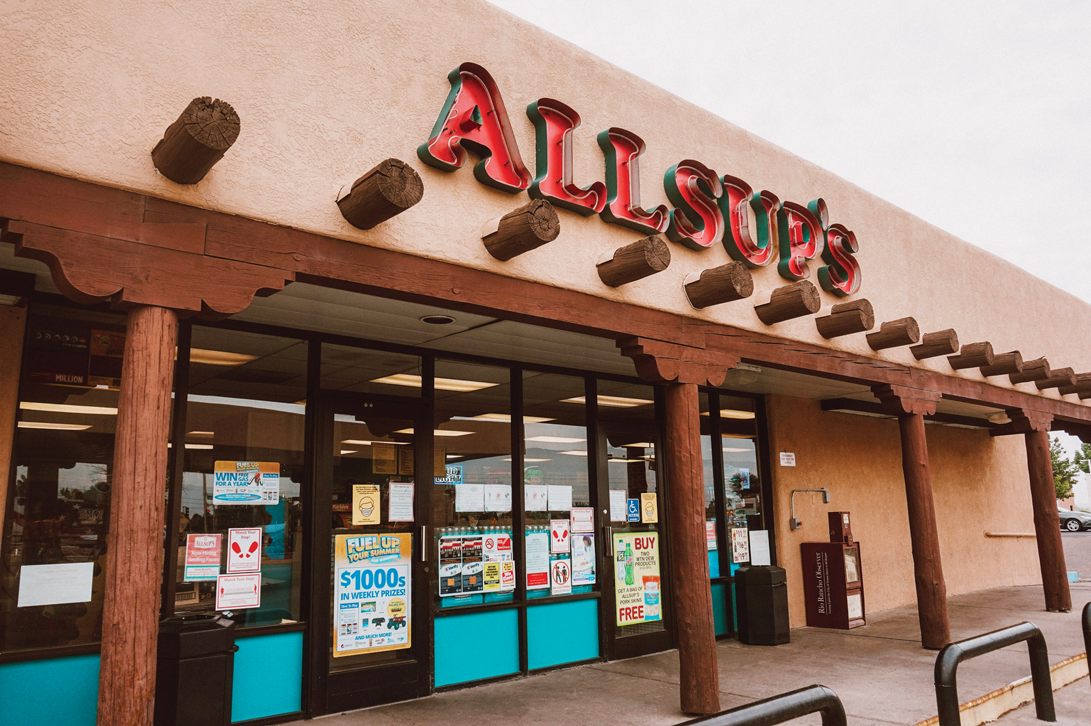 Since acquiring Allsup’s, Yesway has been actively involved in integrating the two chains from technological, operational, merchandising and marketing perspectives, while also identifying prime candidates for improvements or concept changes.
Since acquiring Allsup’s, Yesway has been actively involved in integrating the two chains from technological, operational, merchandising and marketing perspectives, while also identifying prime candidates for improvements or concept changes.
Give and Take
Bringing two brands together means a sharing of each one’s best attributes. Eventually, every Yesway store will get Allsup’s burrito program, Trkla said. And every Allsup’s store will reap the benefits of Yesway’s deep investment in technology.
Yesway may be a younger chain, but it came into being in today’s tech-dominant world, and its operations reflect that. Trkla estimates $70 million to $75 million went into developing back-office, point-of-sale and theft-prevention platforms for Yesway. The company also created a robust loyalty program that took a full year to roll out.
Allsup’s never had a loyalty program. And before the acquisition, Allsup’s employees were still filling out time cards with paper and pencil. But until then, it worked for them. “It’s always hard to justify the cost of overhauling a tech platform when it’s working fine,” Daniels said.
You can never communicate too much—even if the message is, ‘We don’t have an answer yet, but here’s when we expect to know.’
All Allsup’s stores were slated to have updated back-office and point-of-sale systems from PDI by the end of October. They also will have a loyalty program in 2021. Both Allsup’s and Yesway’s programs will be accepted at the other’s stores.
“That way, the consumer starts to understand the relationship and the affiliation more,” Gaskins said. He hopes customers will reap the benefits of that relationship by, for example, being able to buy Yesway-branded gummy worms at Allsup’s and Allsup’s-branded chicharrones at Yesway stores.
Looking Ahead
With the integration wrapping up, Yesway continues to look for acquisitions. The ultimate goal for the size of the company—which today numbers 406 locations—is 600 to 1,000 stores, Trkla said. The brands will continue to expand in their existing states of operation and abutting states as it makes sense. The company has a nine-state footprint: Iowa, Kansas, Missouri, Nebraska, New Mexico, Oklahoma, South Dakota, Texas and Wyoming. Its new headquarters was slated to open in Fort Worth, Texas, in October.
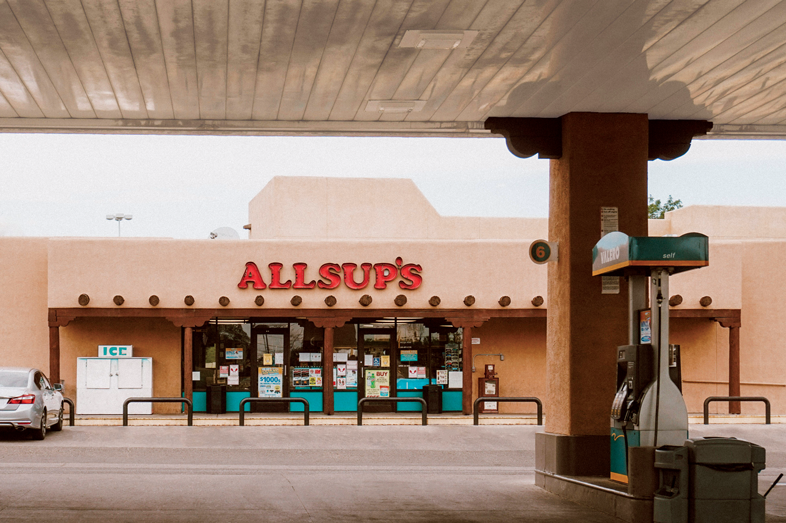
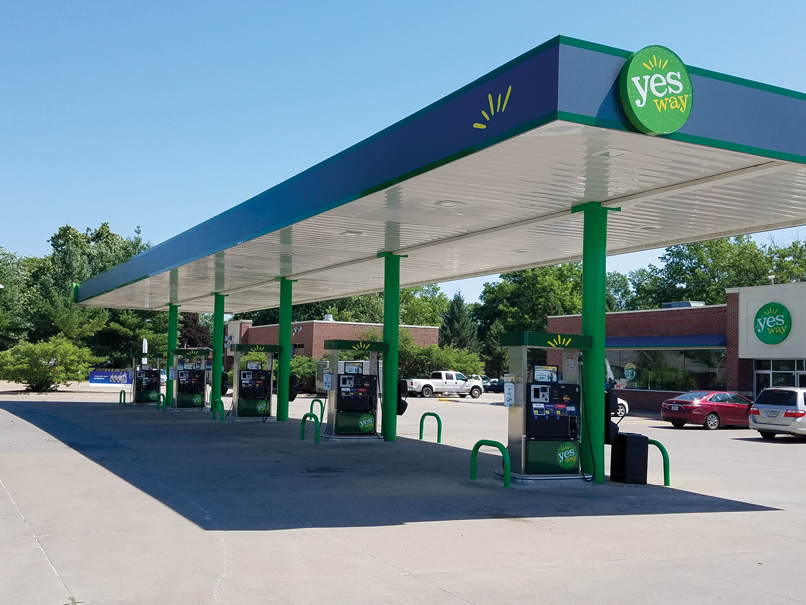 The Allsup’s brand will not be disappearing from the convenience store landscape. Yesway CEO Tom Trkla understands Allsup’s “very good brand equity and very good brand awareness in the marketplace.”
The Allsup’s brand will not be disappearing from the convenience store landscape. Yesway CEO Tom Trkla understands Allsup’s “very good brand equity and very good brand awareness in the marketplace.”
“Allsup’s is a household name in Texas and New Mexico. We’ve built up a lot of goodwill with Yesway in the Midwest,” Brown said. “The two geographies are complementary, which is why we can expand in nine states with one company approach.”
As head of real-estate development, Brown is focused on a three-year, $100 million plan with about 100 capital projects. It includes the raze-and-rebuild of about 25 sites, taking 2,400-square-foot stores up to about 5,000 square feet; upgrading 52 Allsup’s stores, including their fountain programs; remodeling and converting 20 stores in the Southwest that were going to be Yesway sites until the acquisition made Allsup’s branding more logical; and opening new stores in markets in and around areas such as Dallas-Fort Worth.
Also in development are two more Allsup’s Market locations. The first, which opened in Melrose, New Mexico, in January, is a 5,000-square-foot store with more grocery items, fresh-cut meats and perishables. It’s designed to go into areas that qualify as food deserts, “where the nearest grocer has either gone out of business or is 25 to 30 miles away,” Brown said. The concept has been especially successful amid the pandemic, he said.
As the company continues to grow—it’s now the 14th largest convenience store chain in the country—Trkla knows how important it is to protect what Yesway already has.
“Taking care of your people is your most valuable asset,” he said.
A Question of Staff
One of the biggest questions employees had when company officials shared that Yesway would acquire Allsup’s related to staff cuts. Overall, the companies reduced about 100 positions out of a combined workforce of about 5,400, according to Yesway Chairman and CEO Tom Trkla.
In August, Yesway announced it would open a new headquarters in Fort Worth, Texas. With it came the news that its offices in West Des Moines, Iowa; Abilene, Texas; and Clovis, New Mexico, would close. The closures were a factor in the reduction in staff, Trkla said; others were due to advances in technology eliminating jobs or employees choosing not to relocate. The affected employees have been given severance and job placement services.
Tom Brown, president and director of real estate, said it was critical to consider that many of the people losing their jobs may still be customers in the stores where they once worked. “Everybody should be treated with the dignity and respect that they’ve earned,” he said. “If you keep that at the forefront of the thought process, you have to hope they’ll say they treated me well.”